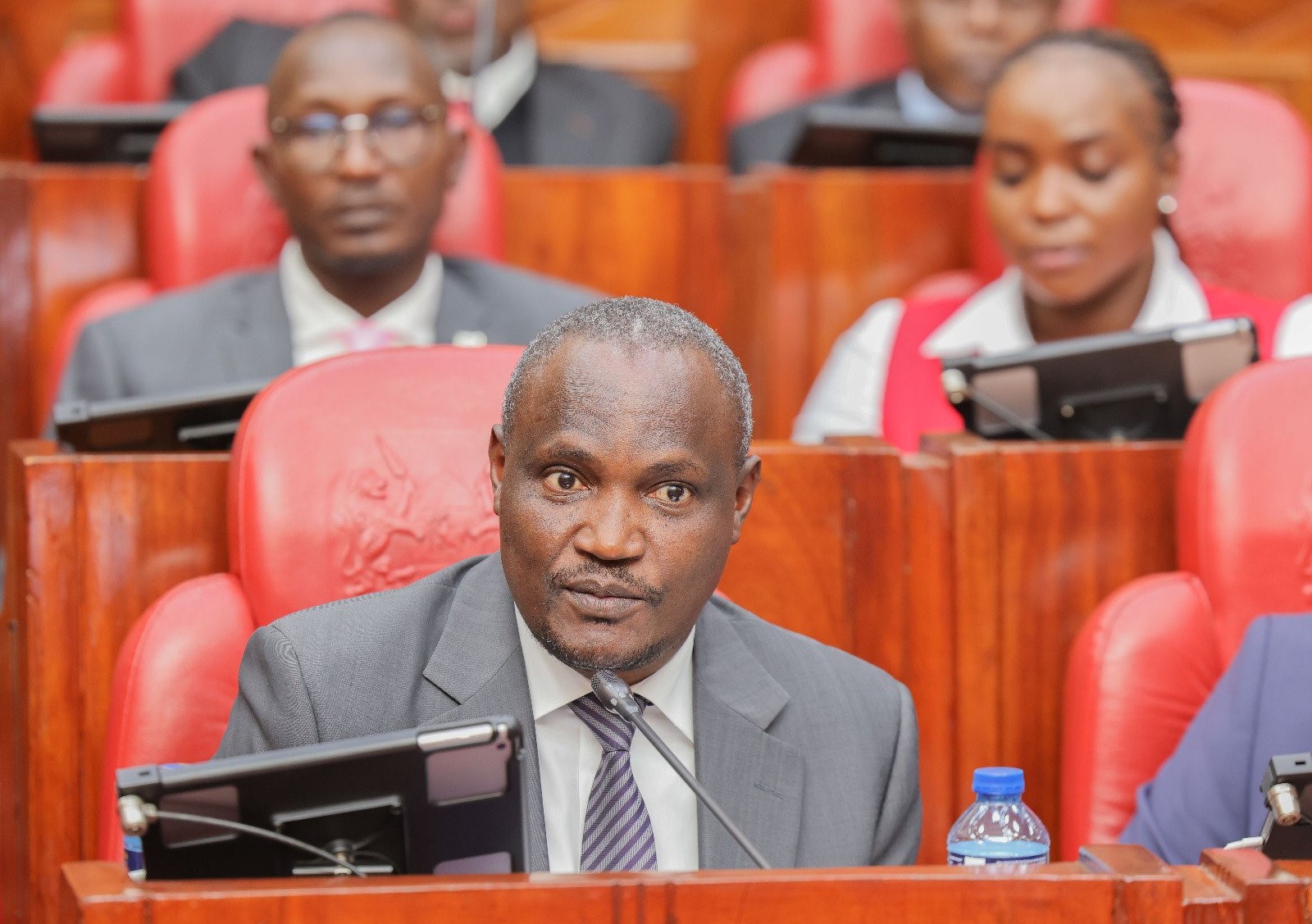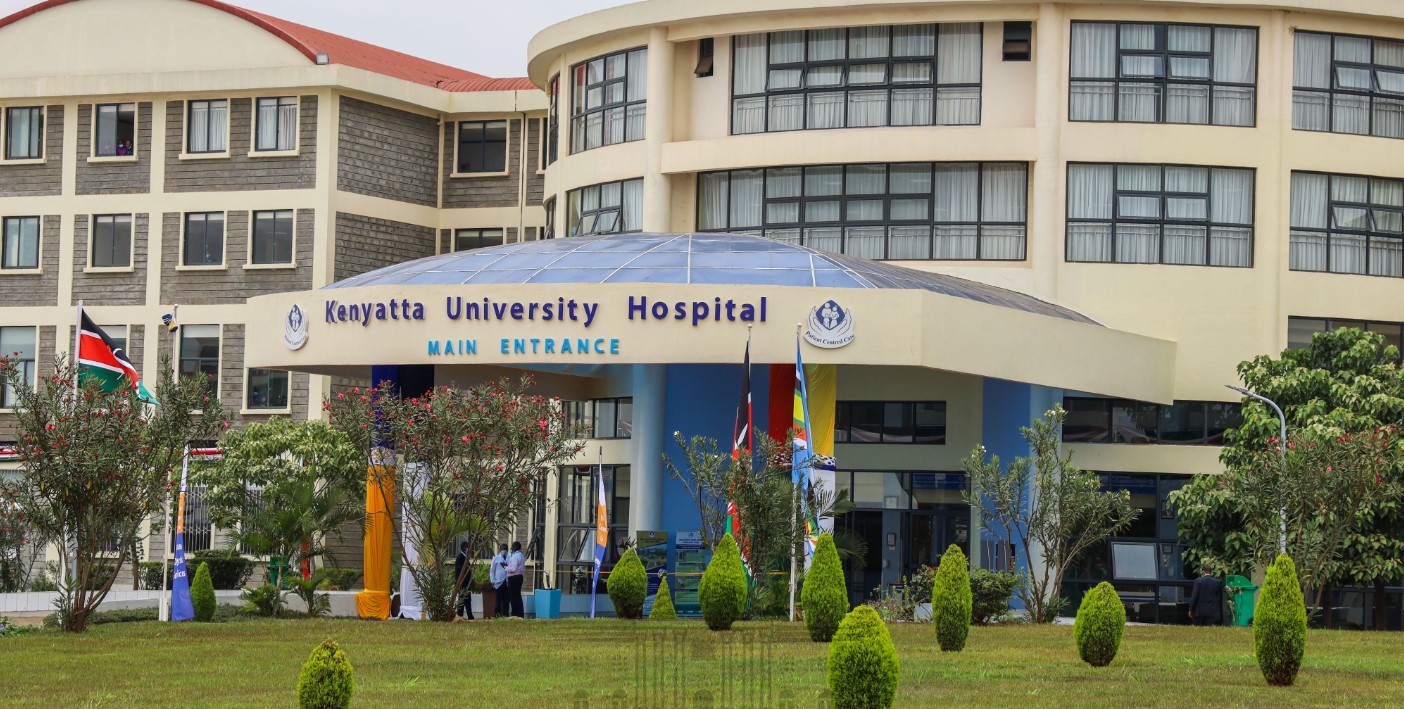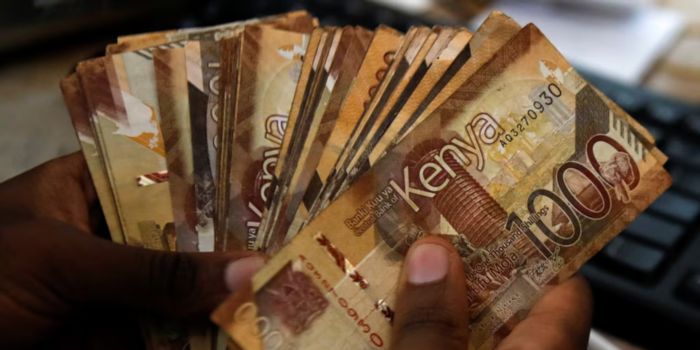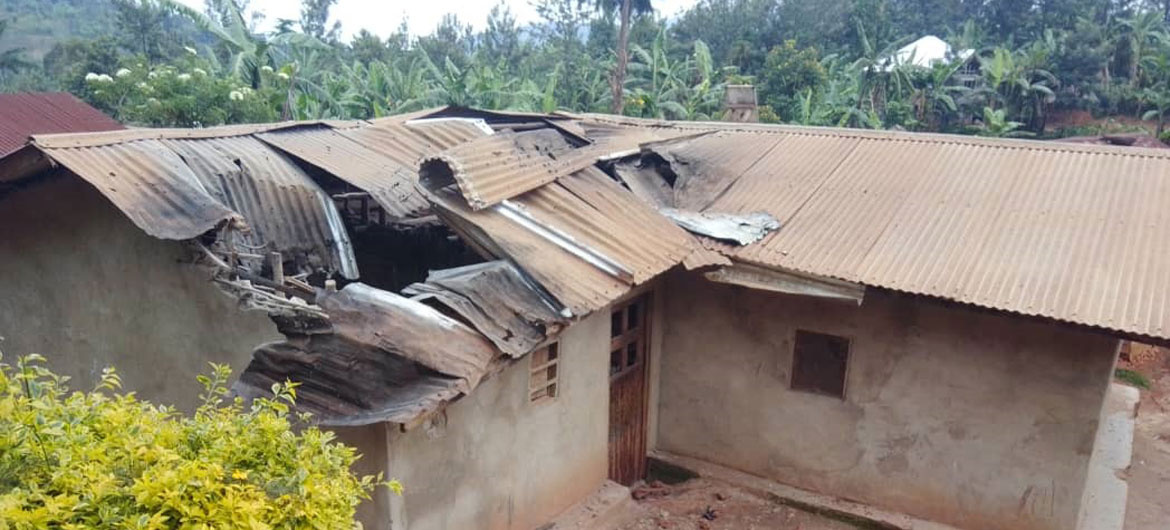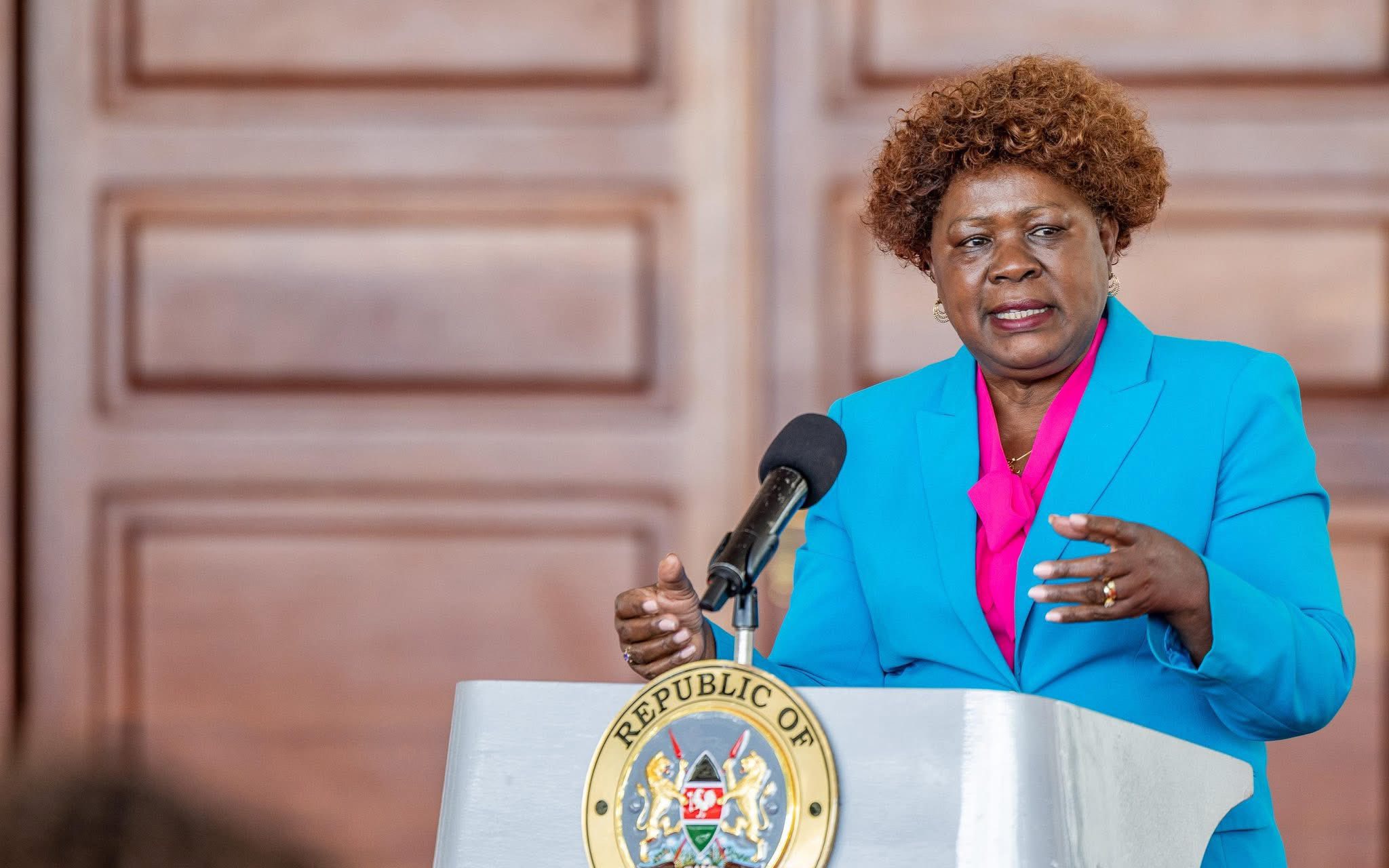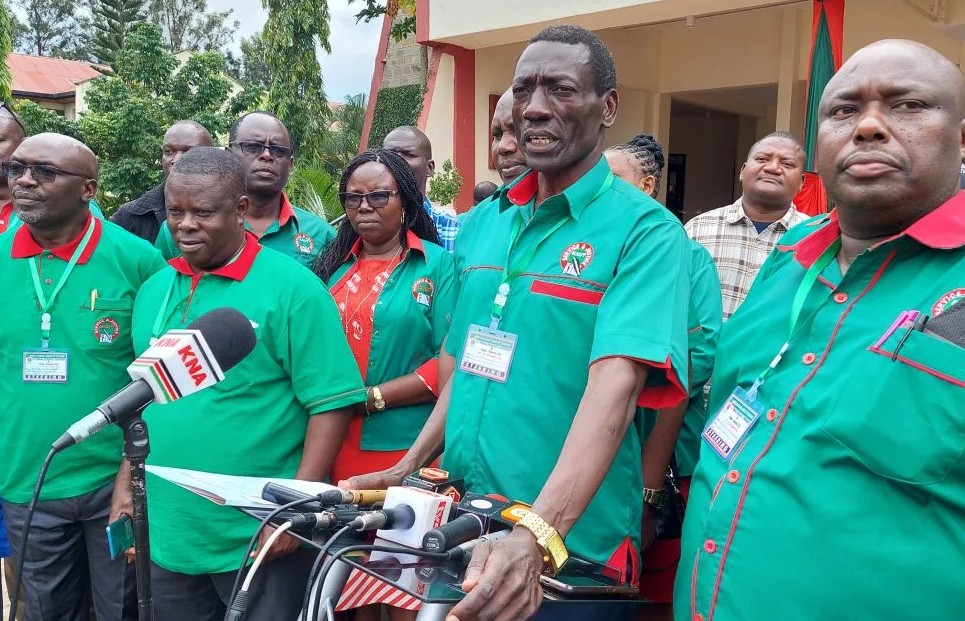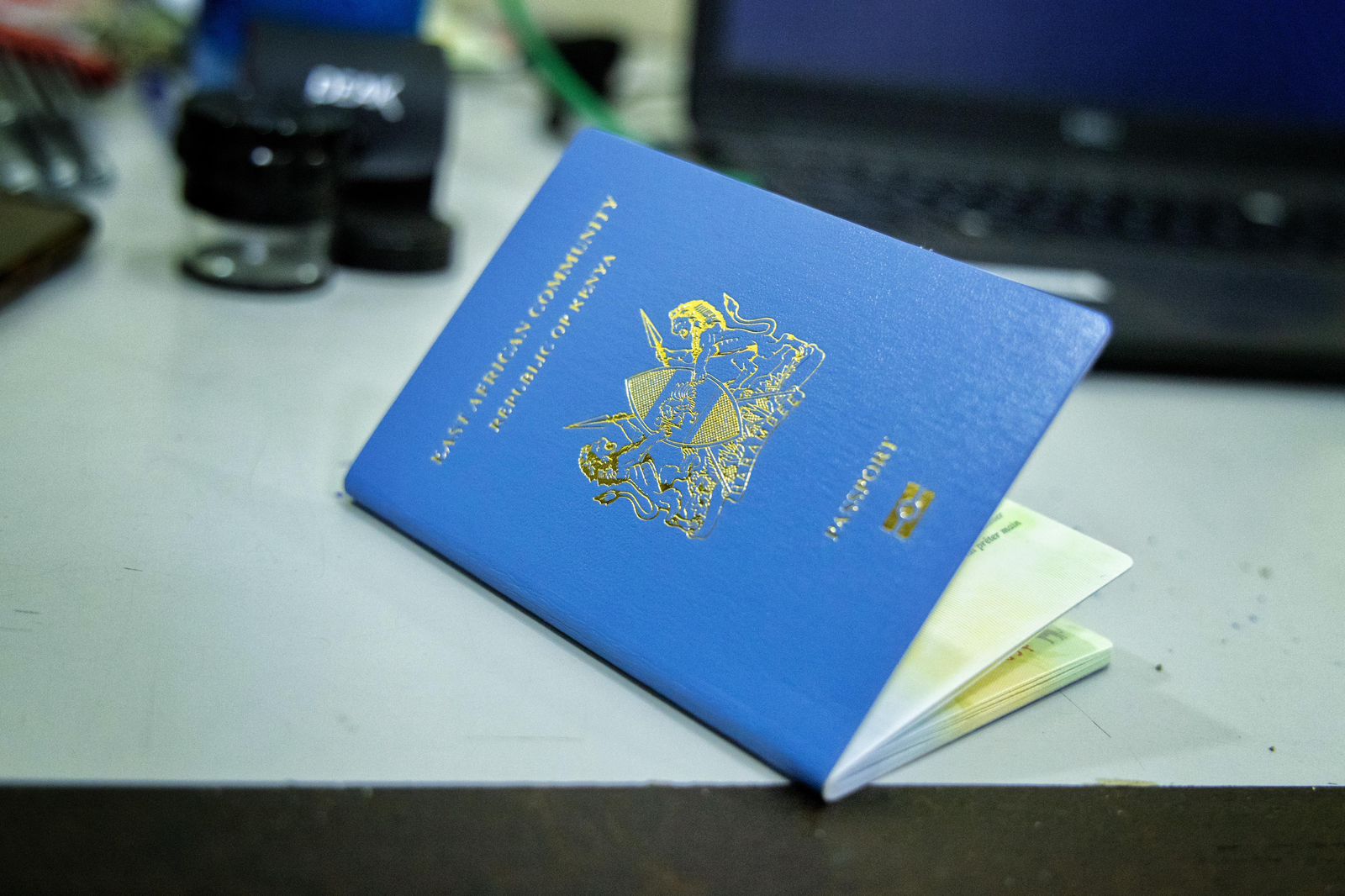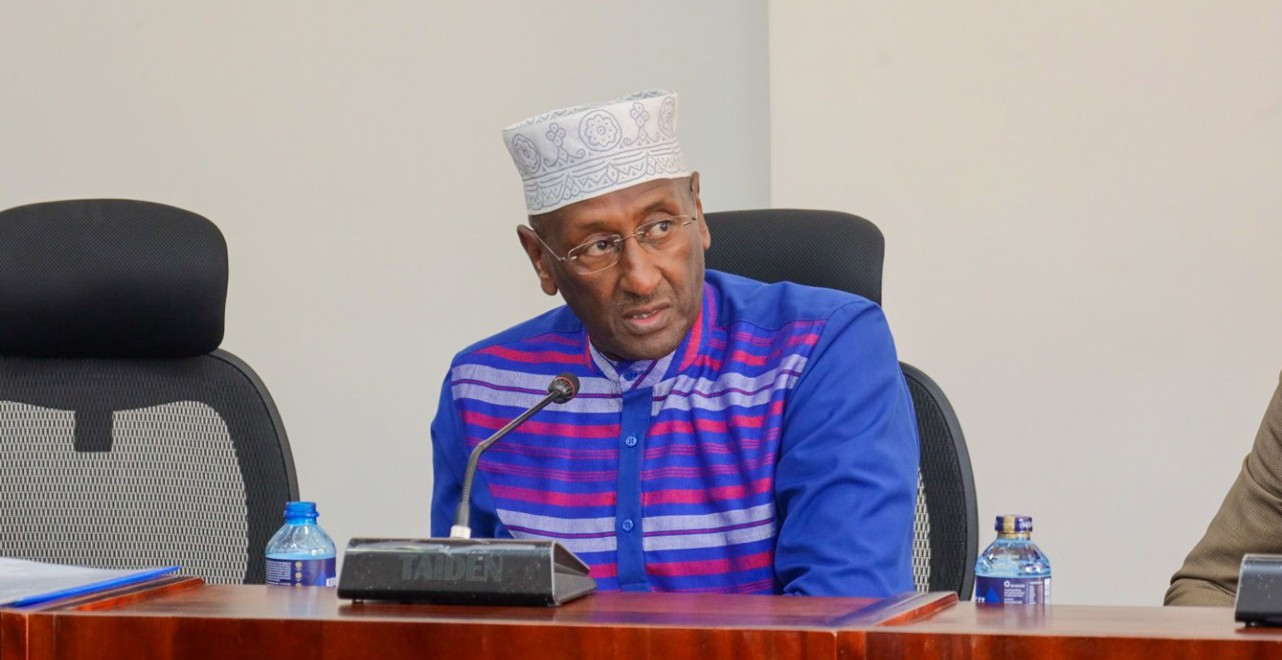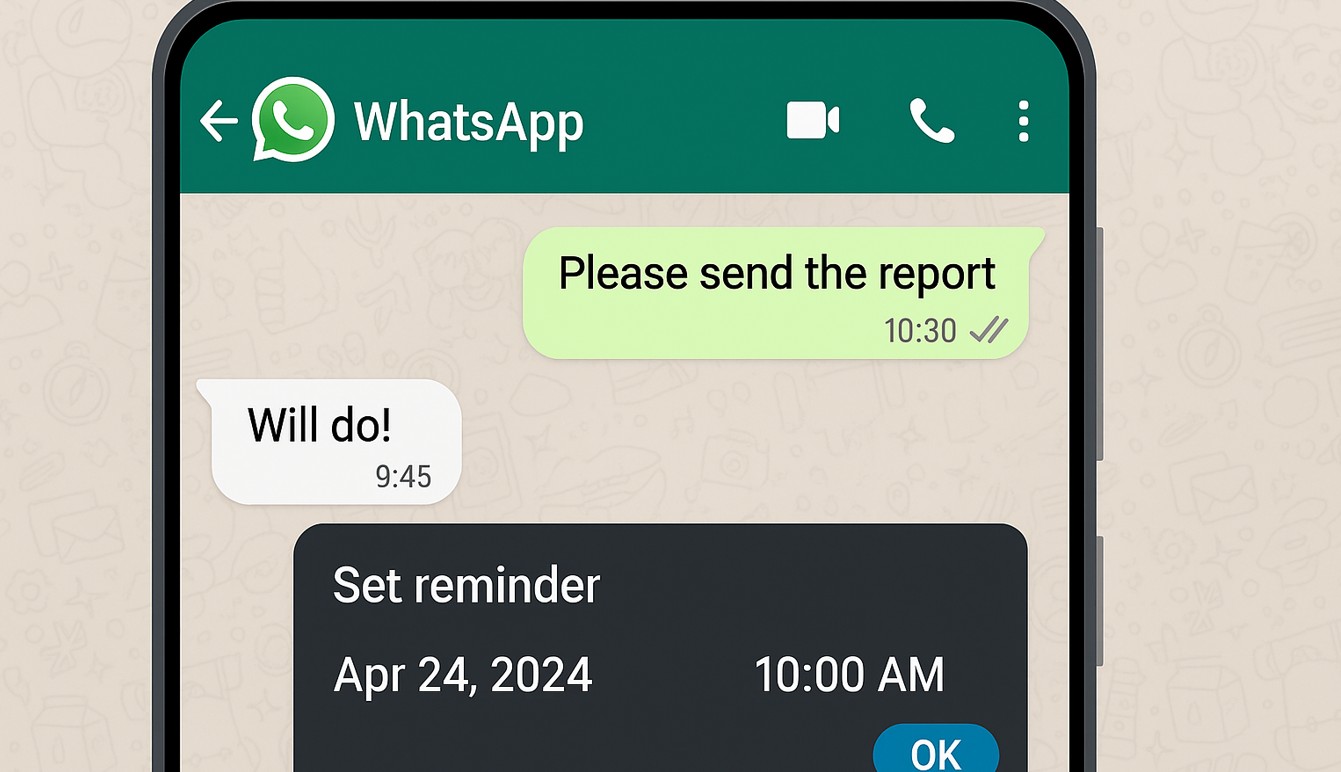Trump era: Ruto pushes for UN peacekeeping mission in Haiti as US support wavers
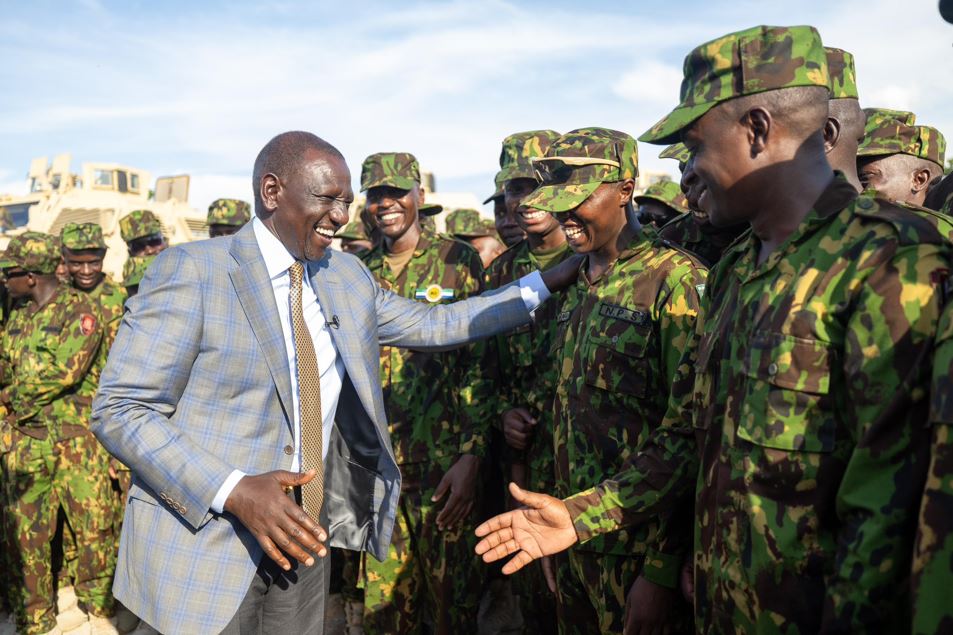
As the mission grapples with these challenges, Kenya is urging international partners, particularly the UN, to step in and strengthen the operation.
Kenya is ramping up efforts to transition its security mission in Haiti into a UN peacekeeping operation as uncertainties loom over future funding and support, especially with the return of a Trump-led administration.
The Kenya-led mission, launched in June, was aimed at assisting Haiti's overwhelmed police force in addressing the country’s escalating gang violence and deepening political and security crisis.
More To Read
- Audit exposes fake firms, unsafe inputs and lost billions in Ruto's fertiliser subsidy plan
- Nyoro warns Sh44.8 billion Talanta loan could cost Kenyans over Sh100 billion
- Haiti: Violence and displacement driving humanitarian crisis as funding needs go unmet
- Karua dismisses 2027 opposition line-up speculation as premature
- President Ruto responds to Maraga over ‘failed state’ remarks, defends government record
- Nairobi MCAs accuse city MPs of blocking access to President Ruto
Despite the deployment of Kenyan officers, including a planned additional 600 to bring the total contingent to 1,000, the mission has struggled with inadequate resources and limited impact, particularly in Port-au-Prince and surrounding areas.
President William Ruto recently proposed transitioning the mission into a UN peacekeeping operation, citing it as a way to strengthen the mission’s capacity to stabilise Haiti.
During a conversation with US Secretary of State Antony Blinken, Ruto highlighted that such a shift could enhance the mission's effectiveness.
"I have had a constructive conversation with US Secretary of State Antony J. Blinken on the Kenya-led Multinational Security Support Mission (MSS) in Haiti. We discussed the transition of the mission into a UN peacekeeping operation to enhance the capability of the mission to help stabilise Haiti," Ruto said.
While Blinken acknowledged Kenya's leadership, he did not commit to supporting the transition.
The proposal to transition the mission has also been endorsed by the Organisation of American States (OAS), which passed a resolution during its November 13 meeting urging the UN Security Council (UNSC) to expedite support for the shift.
The OAS emphasised that a UN operation could provide more sustainable assistance for Haiti’s long-term stability and security, while also strengthening the Haitian National Police (HNP) and promoting democratic governance.
The mission’s financial sustainability is a growing concern, particularly as the United States, which has provided much of the funding, faces a potential shift in priorities with the expected return of a Republican-led government.
Republican lawmakers had previously criticised the mission’s funding, describing it as rushed and lacking proper Congressional oversight.
In May, House Foreign Affairs Chair Michael McCaul and Senate Foreign Relations ranking member Jim Risch accused the Biden administration of initiating an “undefined and indefinite engagement in Haiti” without securing Congressional approval.
These concerns have cast doubt on continued US financial support for the mission. Transitioning to a UN peacekeeping operation could unlock alternative funding sources, potentially providing the resources needed to bolster the mission.
Meanwhile, the security situation in Haiti continues to worsen. UN special representative Maria Isabel Salvador has reported a surge in gang violence, with the number of internally displaced persons increasing by 22 per cent between August and October.
Experts have also pointed to the smuggling of weapons and ammunition as key factors fuelling the expansion of gang territories.
The crisis is further compounded by the political instability in Haiti, where the Transitional Council recently dismissed Prime Minister Gary Conille and appointed Alix Didier Fils-Aimé as his successor.
Fils-Aimé, a businessman and son of a prominent Haitian activist, now faces the daunting task of navigating the political chaos while addressing the security and humanitarian crises.
As the mission grapples with these challenges, Kenya is urging international partners, particularly the UN, to step in and strengthen the operation.
"We are asking the international community to match their commitment and their pledges with the necessary action for us to be able to complete the task ahead of us," Ruto said after a meeting with Haiti's Prime Minister Garry Conille in Nairobi.
He emphasised the need for additional financial support to ensure the mission’s sustainability until October next year, stating that with adequate resources, the mission would make visible progress.
He highlighted that the current funds are expected to run out by March next year, stressing that there is a narrow window of opportunity to achieve success, based on the positive outcomes seen so far.
"We have a window of success that is evident from the operations that have been carried out already. When resources are made available, there will be demonstrable progress of the mission,” he said.
He pointed to the mission’s progress, noting that it has already begun to restore hope and offer a glimpse of stability in Haiti.
Top Stories Today
Reader Comments
Trending
